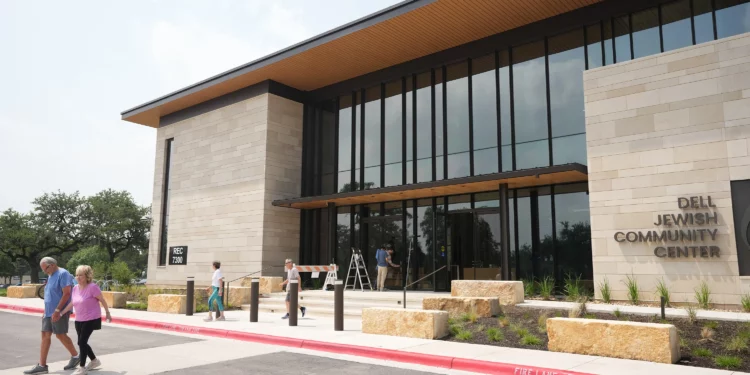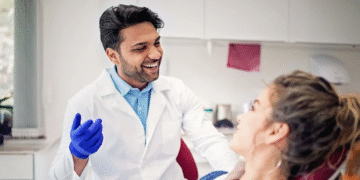Jewish community centers (JCCs) have long been promoting the health and wellness of affiliated youth. Their social, cultural, and physical programs can support emotional, spiritual, and physical well-being. JCCs offer the entire family various social, cultural, and recreational programs. These include preschool/early childhood education, day and overnight camps, cultural arts, and physical fitness classes. Youth group physical activities are the most common JCC-sponsored activity.
Physical Activity
JCCs offer various fitness-related activities and programs, including classes, gyms, swimming pools, group fitness, and personal training. They are also known for their community service initiatives and volunteer programs, where members can pitch in daily to help tidy a local park or teach kids to read through JCC-affiliated literacy workshops. Youth group physical activities were the most frequently messaged category on synagogue websites, reflecting the desire to encourage participation in age-appropriate and gender-inclusive physical activity among affiliated youths (as cultural/religious mores allow). Of the 169 activities identified on sites, most were indoor, individual sports that provided low-to-moderate energy expenditure. As part of a mission to unite the Jewish community, the JCC Denver created more space for its members to unwind and participate in many activities. This included sports teams, dance classes, and summer camps. The JCC also provided spaces for local organizations to hold meetings.
Socialization
For many years, Jewish community centers have offered sports leagues, swim instruction, exercise classes, and other physical activities. Unlike synagogues, which typically do not have the space and specialized equipment to host intramural and interscholastic sports events, JCCs often provide these opportunities to their youth groups. These physical activity programs were the most commonly reported program on JCC websites by the youth group. This may be because adolescents in high school are less reliant on their parents for transportation, chaperoning, and co-participation, which makes them more likely to engage in independent physical activities. Similarly, Jewish summer camps have positively impacted teens’ recreational habits. These camps, which could couple secular and religious components seamlessly, were associated with increasing campers’ frequency of attendance over time. This type of synthesis between secular and religious services is what many Jewish communities aim to accomplish with their JCCs.
Arts & Culture
Jewish community centers offer various arts and cultural activities, including theater and dance recitals, concerts, lectures, and cultural festivals. These programs promote mental health and provide opportunities for social interaction. A growing body of research demonstrates that participation in the arts can improve sensorimotor synchronization, which is essential during routine daily movements and sports activities. Many JCCs include fitness facilities that offer group classes, personal training, and other exercise-related programs. In addition, many JCCs offer programs for adults with disabilities.
Education
JCCs have long been known for providing education in a variety of subjects. From the arts to sports to fitness classes, JCCs provide opportunities for people of all ages to learn and grow. Physical activities were the most frequently messaged programming in the youth group category. These programs require space and equipment that many synagogues do not have. In addition, they often include outside instructors and participants in ways impossible in the context of a synagogue.
Also, Read: The Ultimate Guide to Choosing the Perfect Parade Candy
















